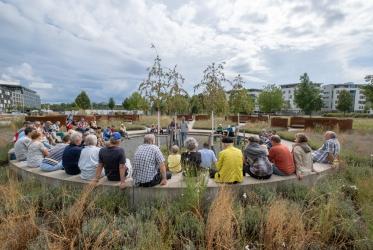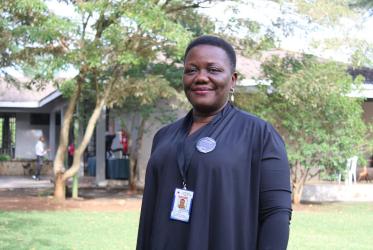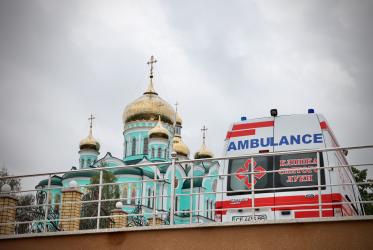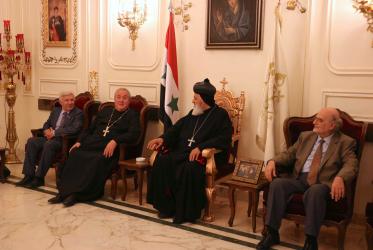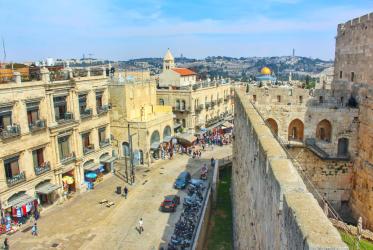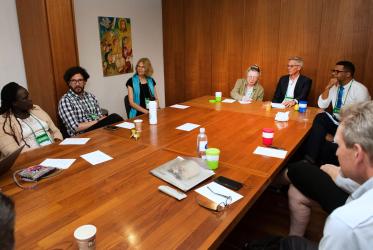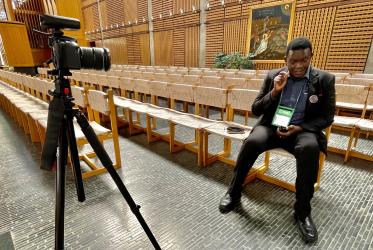Displaying 101 - 120 of 254
19 September 2022
Workshop explores how interreligious dialogue brings trust and respect
15 September 2022
Ukraine: Responding to humanitarian need
08 September 2022
“My hope is in you”—youth in the Holy Land carry the future
17 August 2022
Monastery in Ukraine responds to the consequences of war
09 August 2022

